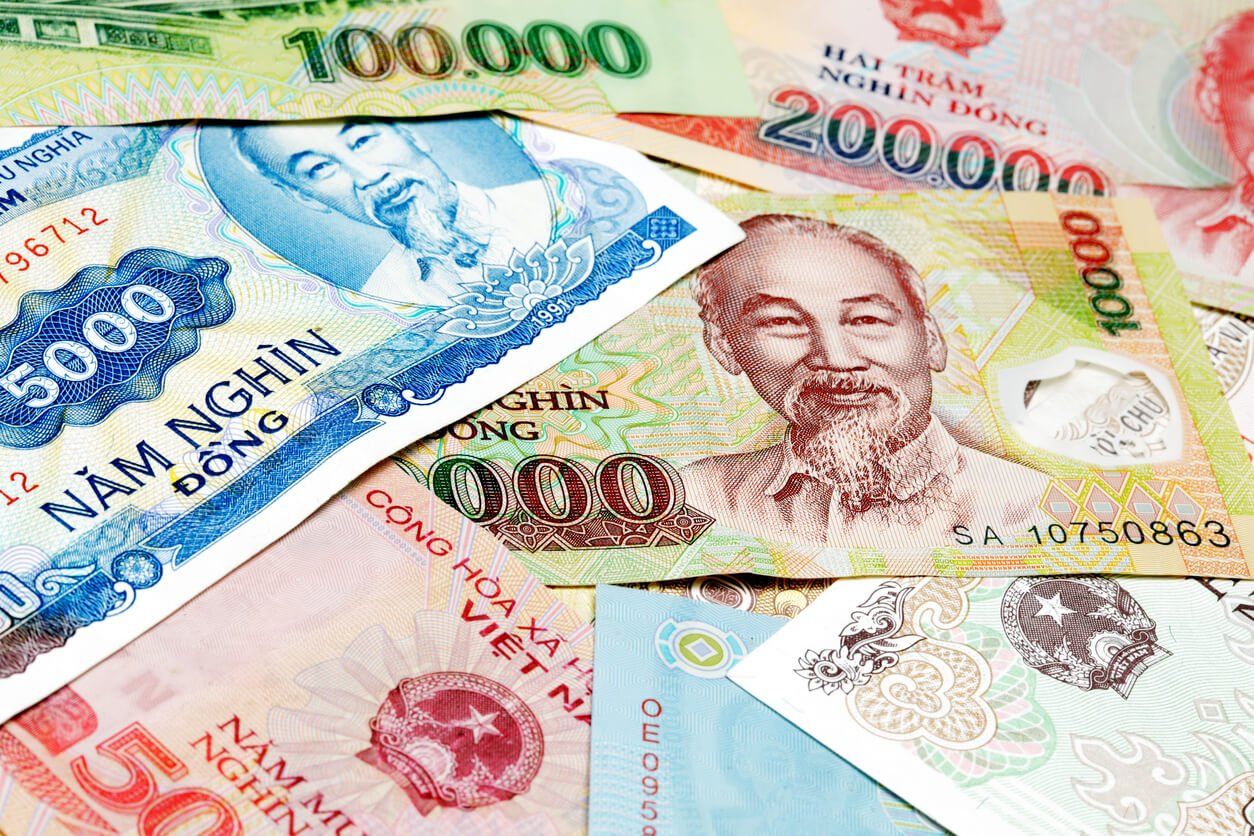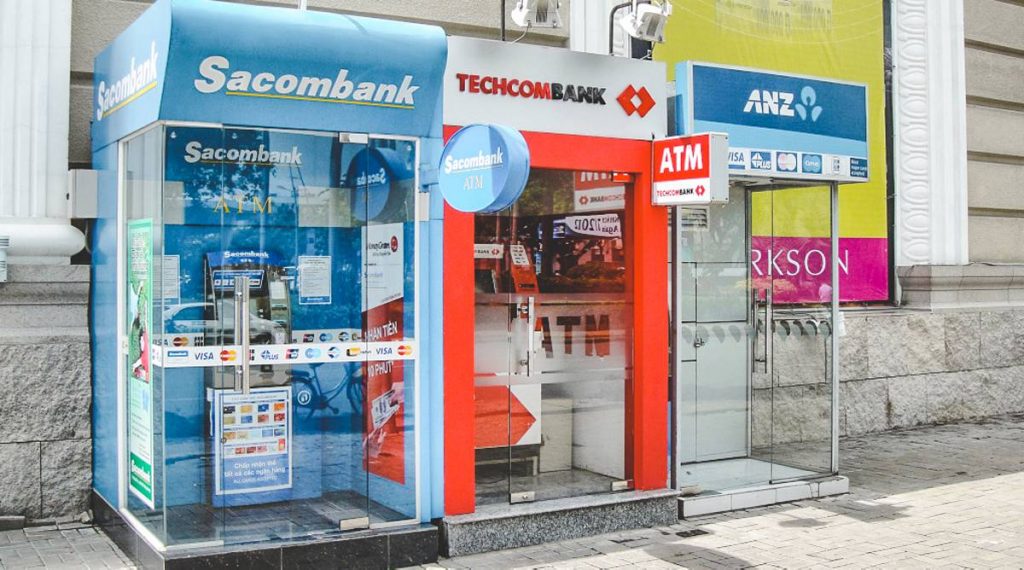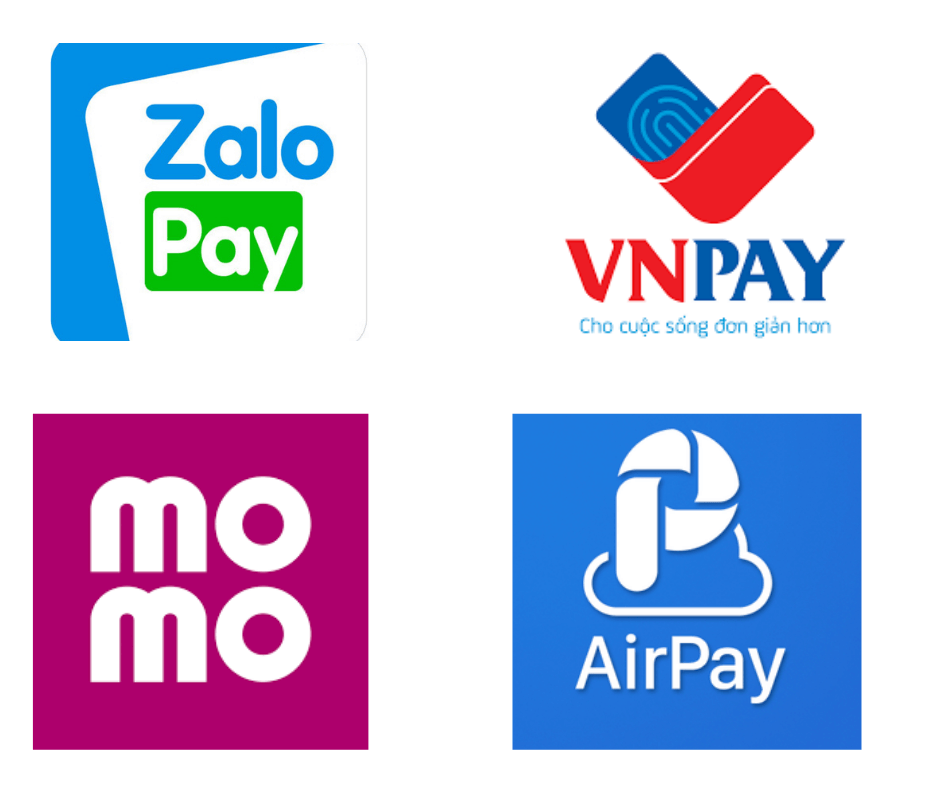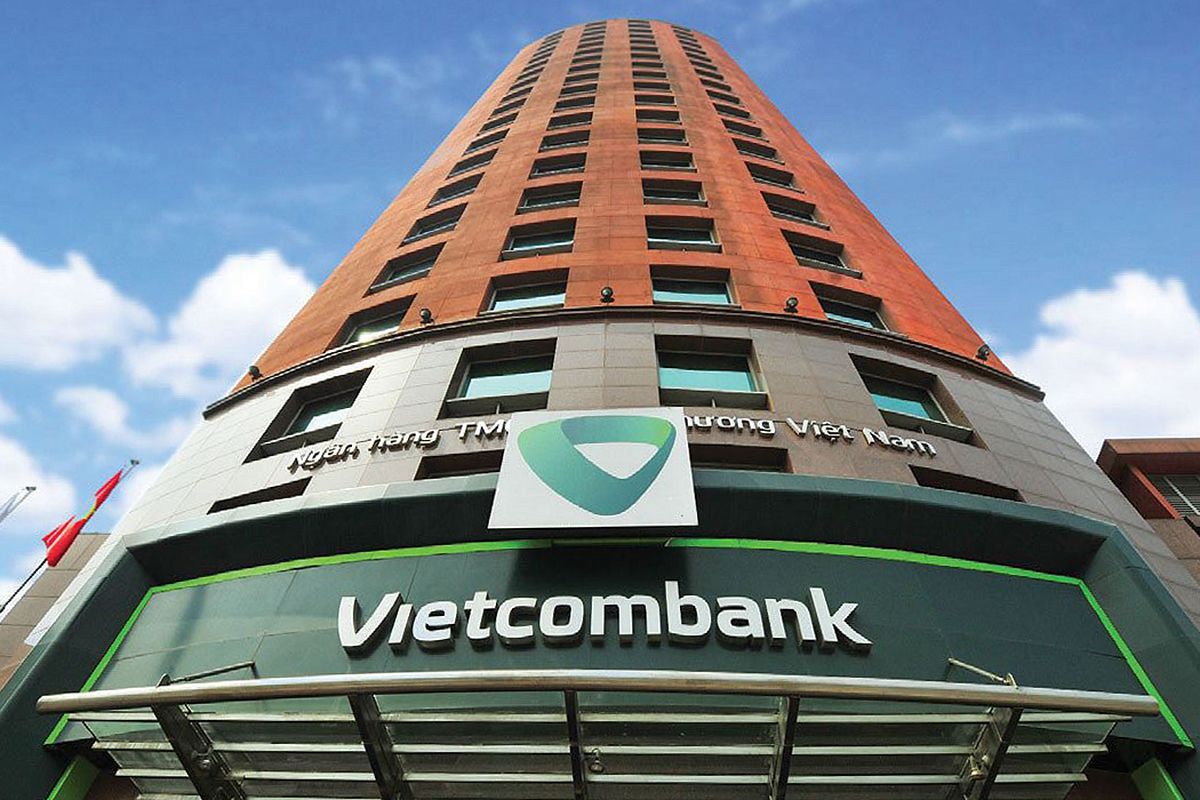
A comprehensive guide to use money in Vietnam
As Vietnam becomes more connected to the rest of the world, it’s really useful to know about the local money (the Vietnamese dong) and how people handle their finances. The money in Vietnam is called the Vietnamese dong. In this part, we’ll take a closer look at the different bills and coins, so you can understand how much things cost and how to use the local money in Vietnam easily.

CHANGING MONEY IN VIETNAM AS A FOREIGNER
Guide to change money in Vietnam
Changing your money into “Vietnamese dong” (VND) when you’re a visitor in Vietnam is quite easy. Here’s how you can do it:
Currency Exchange Places:
- At the Airport: You’ll find places to exchange money at the airport. It’s handy, but the rates might not be the best. Just exchange a bit here for your immediate needs.
- In the City: Look for money exchange places in popular areas, shopping spots, or where tourists go. Find a good place with fair rates.
Banks:
- Many banks in Vietnam can exchange your money. Go to the main branches in the city. Check a few banks to get the best deal.

ATMs:
- ATMs are everywhere in Vietnam. You can use your credit or debit card to get VND. But watch out for fees your bank might charge for using your card abroad.
Hotels and Guesthouses:
- Some hotels and guesthouses can also help you exchange money. But their rates might not be as good as at the bank or exchange places.
Tips for changing money in Vietnam
Compare Rates:
- Check different places to get the best rate for your money.
Watch for Fees:
- Some places might charge fees for exchanging money. Be sure to know about any extra costs.
Use Trusted Places:
- Pick well-known places to exchange money to make sure it’s safe.
Get Small Bills:
- When you get your money, try to get smaller bills. It helps when you’re paying for things like food and taxis.
Tell Your Bank:
- If you plan to use your card, tell your bank you’re traveling to avoid any issues.
Always keep a bit of cash and maybe a card with you. It’s good to be careful with your money and things when you’re in a new place.
LOCAL INSIGHTS FOR USING MONEY IN VIETNAM
When you’re using money in Vietnam, here are some helpful tips from the locals:
Cash is Important When Using Money In Vietnam:
- People in Vietnam like to use cash a lot. Even though big shops and cities accept cards, small markets and street sellers usually only take cash. Make sure to have some money on you.
Get Small Bills:
- When you get money from an ATM or exchange, try to get smaller bills. It makes it easier to pay for things like street food and taxis.
Negotiate Prices:
- It’s normal to bargain for prices, especially in markets. Don’t be shy to talk about the cost, but be polite. Locals expect a bit of bargaining.
Use Local Money for Better Deals:
- When you buy things, especially in markets, it’s better to use Vietnamese money (VND). Some sellers might give you a better deal if you pay in their currency.
ATMs Have Limits For Using Money In Vietnam:
- ATMs are everywhere, but they might have limits on how much money you can take out. Also, they might charge you a fee. Check with your bank before using an ATM in Vietnam.

Consider a Local Bank Account:
- If you’re staying in Vietnam for a while, think about opening a local bank account. It can make things easier for you, like paying bills or rent.
Mobile Payment Apps:

Tipping is Not Always Expected:
- Tipping isn’t a big thing in Vietnam, but in tourist areas, people might appreciate a small tip. In regular places, rounding up the bill is enough.
Use Reliable Money Services:
- Be careful with money changers on the street. It’s better to use banks or official places for exchanging money to make sure you get a fair deal.
Learn Basic Vietnamese Numbers To Use Money In Vietnam Easily:
- Knowing some basic Vietnamese numbers can be handy. It helps you understand prices and money better, especially in markets.
Using these tips will help you handle money in Vietnam more easily and fit in better with the local way of doing things.
BANKING INFRASTRUCTURE AND MAJOR BANKS TO MANAGE MONEY IN VIETNAM
Understanding Banks in Vietnam
In Vietnam, banks are essential for managing your money. Whether you’re paying bills, renting a place, or saving, here’s what you need to know:
Types of Bank Accounts:
- Vietnamese banks offer various types of accounts, like savings and current accounts. For daily transactions, a current account is handy, while a savings account helps you save money.
ATMs Everywhere:
- ATMs are all over Vietnam, even in smaller towns. They’re easy to use, and you can withdraw money with your foreign card. Just be aware that some ATMs might charge fees, so check with your home bank.
Online Banking:
- Most major banks have online banking services. This makes it convenient to check your balance, transfer money, and pay bills without going to the bank.
Major Banks for Expats:
- Some popular banks for expats include Vietcombank, Techcombank, and ACB (Asia Commercial Bank). These banks have English services and are used to working with foreigners.

Opening a Bank Account:
- To open a bank account, you’ll need your passport, visa, and proof of address (like a rental agreement). Some banks might ask for additional documents.
International Money Transfers:
- If you need to send money internationally, major banks in Vietnam offer this service. However, it’s good to compare fees and exchange rates.
Tips for easy banking
Use English Services:
- Choose a bank that offers English services. Staff who speak English can assist you better, especially if you’re not fluent in Vietnamese.
Check Fees:
- Be aware of any fees associated with your bank account, ATM withdrawals, or international transfers. It helps avoid surprises later.
Learn Basic Banking Terms:
- Familiarize yourself with basic banking terms in Vietnamese. It’ll make your trips to the bank or ATM less confusing.
Consider Mobile Banking Apps:
- Some banks have mobile apps for banking on the go. It’s worth exploring these for added convenience.
Keep Important Documents Safe:
- Keep photocopies of your important documents (passport, visa, etc.) in case you lose them. It’ll make the process of getting a new bank card or dealing with the bank easier.
